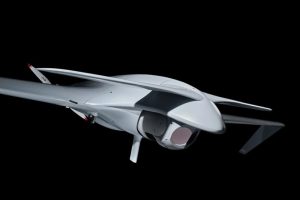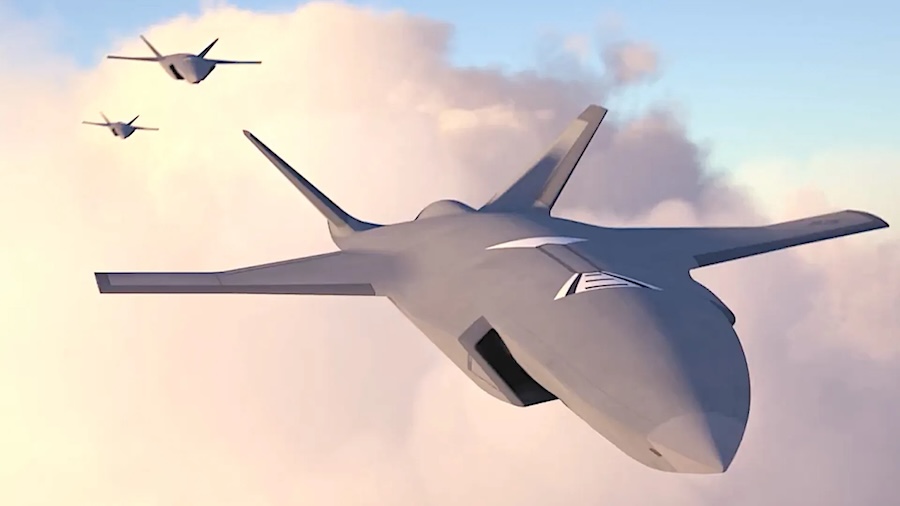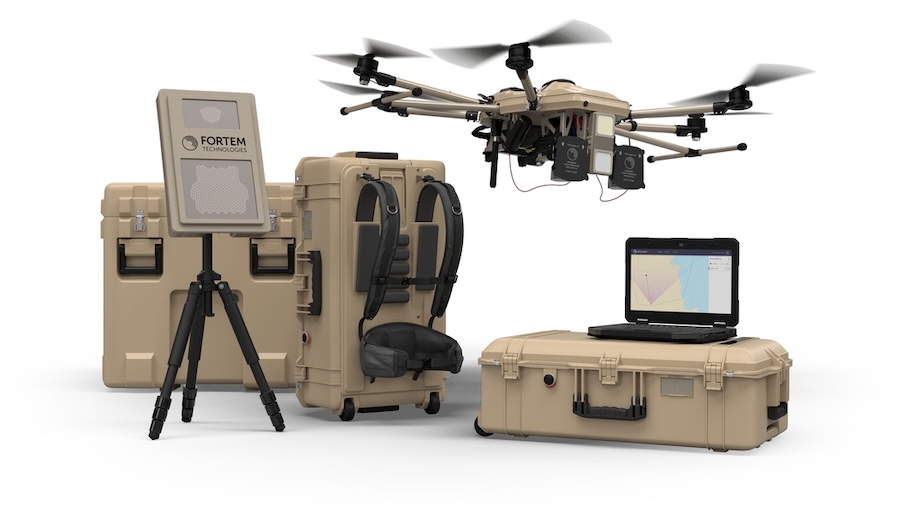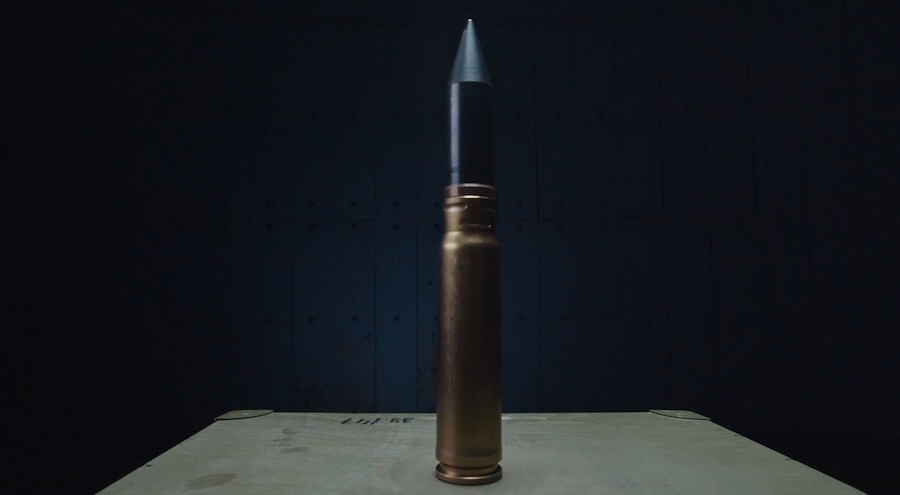With this latest contract, Xona’s total signed agreements now exceed $20 million. The company will use the funding to assess the capabilities of its PULSAR satellite navigation service across multiple commercial user devices, particularly in environments where GPS and other Global Navigation Satellite Systems (GNSS) may be disrupted.
The testing will focus on demonstrating PULSAR’s resilience against jamming and spoofing, its ability to mitigate multipath interference, and its secure distribution of encryption keys. These evaluations aim to accelerate the deployment of alternative PNT solutions in commercial off-the-shelf equipment, allowing for quicker adoption in defence and security applications.
To support this effort, Xona is collaborating with leading GPS and GNSS equipment providers, including QinetiQ, StarNav, and Locus Lock. These partners will help demonstrate how PULSAR-enabled devices can be quickly manufactured and deployed to enhance navigation reliability in both commercial and military contexts.
Xona CEO and Co-Founder Brian Manning emphasised the significance of this collaboration, highlighting the potential for combining mass-produced GNSS hardware with a secure PNT service. He noted that modern receivers can achieve exceptional performance when provided with a high-quality signal, benefiting applications ranging from small drones to large-scale defence systems.
As part of the contract, Xona will utilise its advanced simulation tools alongside live demonstrations. These will include testing with the first PULSAR satellite, which is scheduled for launch in June 2025.






















